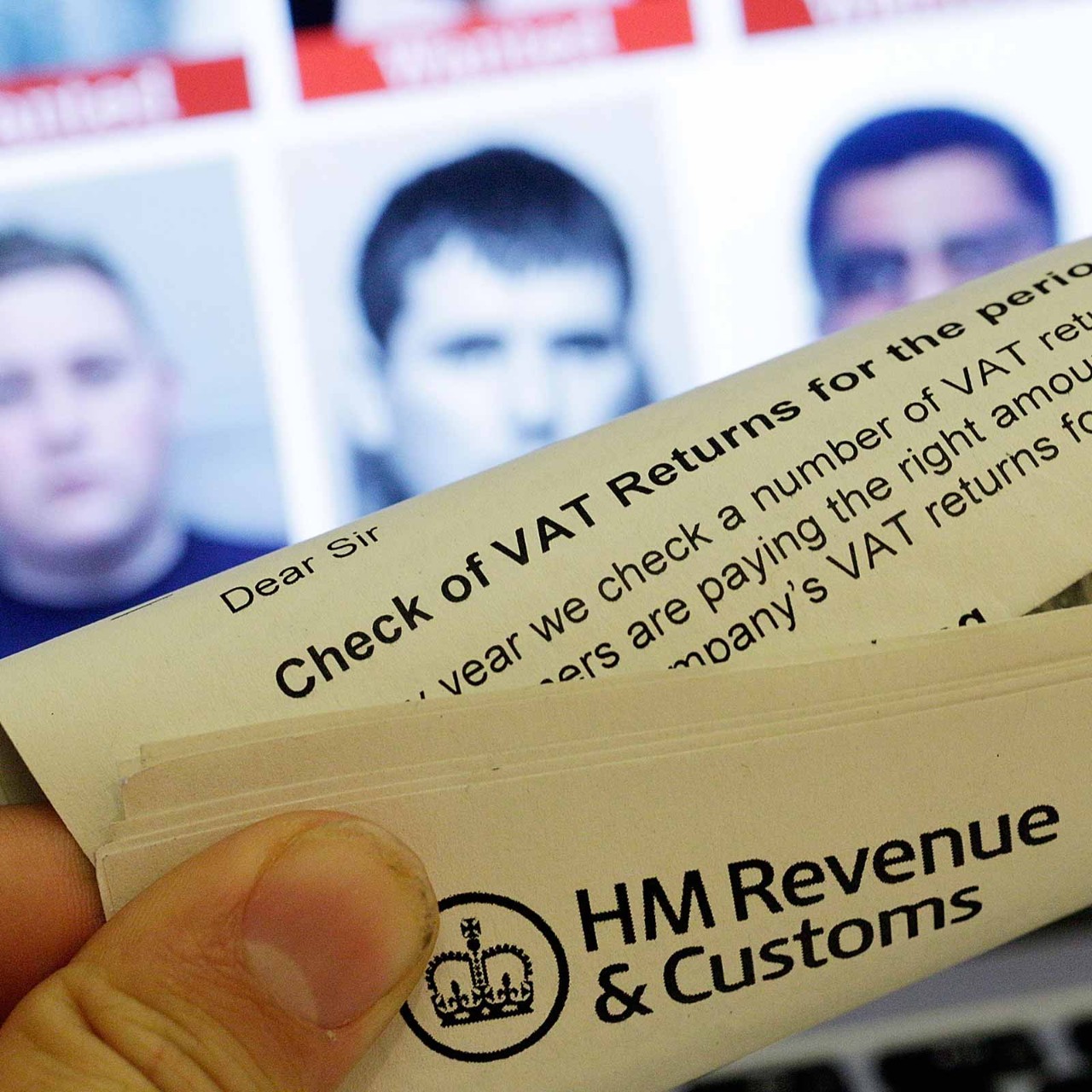
As host nation to the UN’s COP 26 climate change conference this year, the UK has a prominent role in driving businesses to commit to activity that prevents climate change from getting worse. While the UK’s temperate climate has insulated it from many of the most damaging effects of rising temperatures, the country has seen its weather systems change over the last decade.
Whatever the local weather, the UK has a highly globalised economy that will suffer serious knock-on effects as countries critical to its trading activity struggle with their substantially larger problems. The UK has outsize responsibility too, since it is one of the biggest emitters of carbon dioxide globally.
At ACCA’s COP 26 roundtable, leading financial professionals discussed how their companies were being challenged by the climate agenda, how they were meeting the challenges and accelerating their response, and the key role accountants must play if net-zero targets are to be met by 2050.
Africa
CFOs and standard-setters in Africa discuss concerns about the continent’s unique climate challenges
‘Greening is incredibly expensive. Electric delivery vans cost a great deal more than a diesel’
Americas
COP 26 roundtable discusses the myriad challenges of going green in the Americas
The SME dilemma
One participant, a treasurer at a leading supermarket chain, described how difficult it can be to make significant headway with sustainability. He explained: ‘We’re really trying to make our packaging more sustainable, but you can only go so far at the moment. The technology isn’t there to make the volume of highly recyclable packaging needed.’
And ‘greening’ was incredibly expensive too, he added. ‘Electric delivery vans cost a great deal more than a diesel.’
While the stock market favours strong quarterly returns over massive investment in green initiatives, there will always be at least moderate disincentives for companies to spend money going green.
Other participants shared their fear that while big companies had the cash and the time to go green, small and medium-sized businesses – already struggling under the weight of Covid-19 regulation – wouldn’t have the resources to do the same.
'Consumer education is an important part of passing on the real cost of sustainability'
A CFO at a company that builds holiday homes and spends around £100m a year on building materials, much of it from SMEs, argued that it was essential for large businesses to ‘reach down into their supply chain and support SMEs’ to handle sustainable transformation. ‘SMEs are the bulk of the economy, but we risk big companies running everything if they don’t help their suppliers,’ she said. Such an outcome would be bad for competition and worse for customers.
Global roadblocks
There was also a robust discussion of the difficulties of becoming sustainable in a globalised economy. One participant pointed out that the West had made China ‘the factory of the world’, and weaning consumers off cheap goods would be difficult if not impossible. Nor was it possible to force other countries to meet the timescales agreed internally by the UK.
‘China’s net-zero target is 2060. If we want to keep importing goods from that region, then we have to check everything at the border, essentially,’ said one participant. Another pointed out that ‘going together’ was the ideal, but that speeding up the pace of change in some regions would ‘wipe out business’.
Consumers were also a key part of the discussion. Participants related how the price tag attached to sustainable products had a limit among consumers. ‘We haven’t yet passed these costs on,’ said one, ‘but at some point we’re going to have to.’
After a hard year, and with inflation on the horizon, customers might struggle to handle an uptick in prices. Consumer education, agreed participants, was an important part of passing on the real cost of sustainability.
Accountants can lead
On solutions, participants were clear. One said that the key to speeding up the pace of change lay in measurement and that ‘accountants can lead the charge on this’.
Another summarised the value of accountants in the sustainability process: ‘Accountants are seen as guardians of the data and assets including the brand, and they’re the person who ensures there’s one version of the truth.’
Business partnering would be a key activity for the finance team. ‘They’re not just there to ask about the numbers; they have to ask the holistic questions too, of which ESG is a part.’
Asia Pacific
Asia-Pacific climate roundtable gets real about net-zero commitments in a warming world
Europe
How the EU sees its role in the drive for a single global set of sustainability standards
India
ACCA India’s COP 26 roundtable says now is the time for mitigation and adaptation
‘Accountants are seen as guardians of the data and assets including the brand’
Ireland
Participants in Ireland’s COP 26 conference highlight urgent need for accountants to lead on sustainability
There was strong support for the view that allowing sustainability measurement and management to become the ‘expertise of another trade’ would be a ‘huge missed opportunity’. Accountants had the training, mindset, ethical framework and analytical abilities to drive the agenda forward, fast, they argued.
One participant from the energy sector suggested that environmental, social, governance (ESG) disclosures needed auditing in the same way as the financial statements. ‘It’s a really important part of this,’ they said, arguing that if ESG issues were seen to be pertinent financial risks, it followed that they should be assured in the same manner as other financial risks. This, though, would require innovations in assurance processes, since, as another participant pointed out, ‘this is very narrative-rich information’.
Participants were in agreement that standards convergence was good for the sustainability agenda. But there was also scepticism from some about the ability of a fully globalised economy to deliver net zero by 2050 without passing on significant costs to consumers. Ultimately, despite the challenges, said one, it was important for businesses to ‘not be afraid of reputation issues, do what they can do, and make a start’.
Middle East
Three roundtables with representatives from across the Middle East region discuss climate urgency, optimism and room for improvement
Further information
Keep up-to-date with sustainability-related issues with our curated selection of resources.




